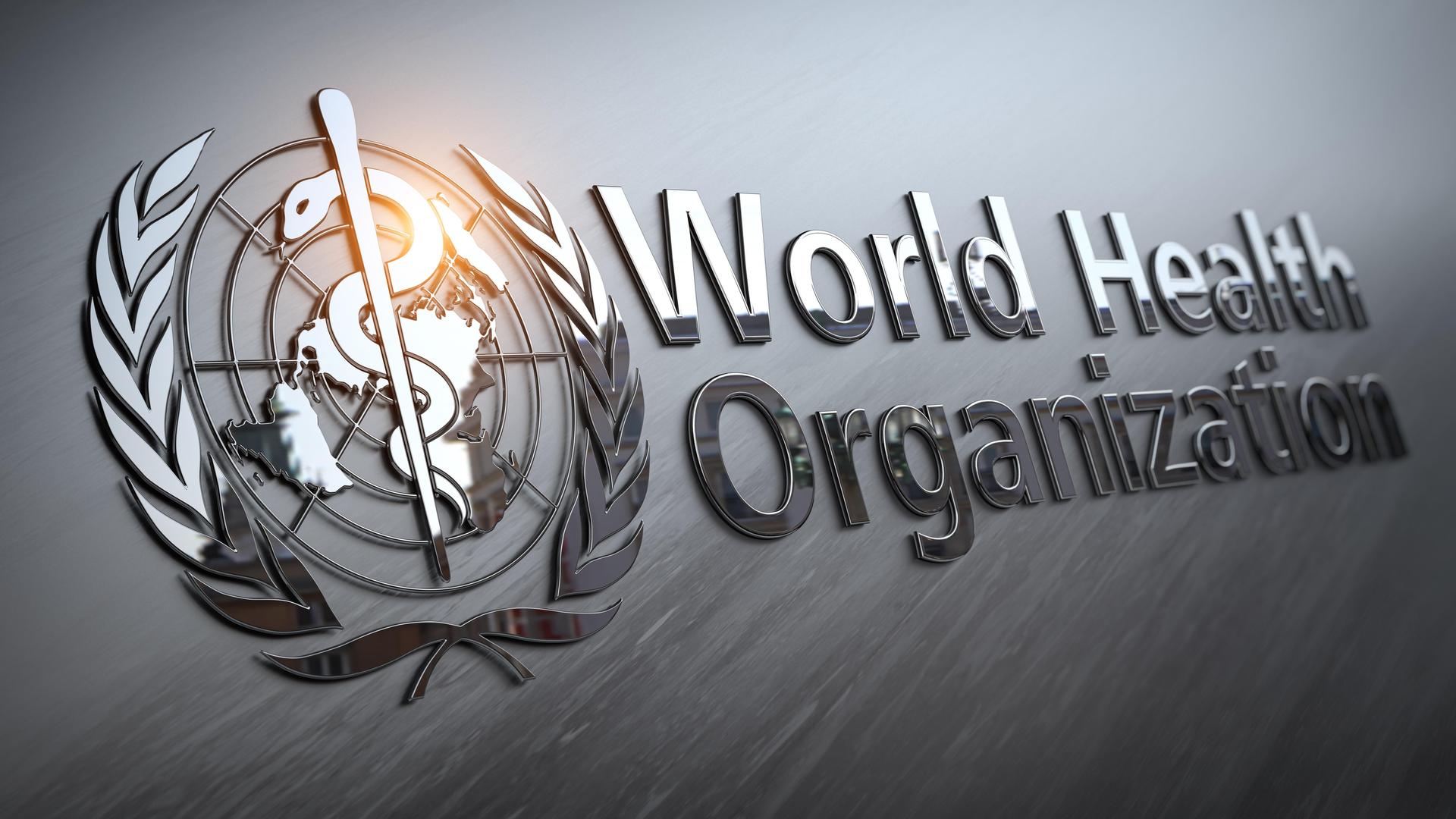
WHO calls for increased awareness on Epilepsy, help curb exclusion » Capital News
NAIROBI, Kenya, Feb 10 – The World Health Organization (WHO) is calling for increased global awareness of epilepsy, a neurological disorder affecting over 50 million people worldwide, to combat social exclusion, discrimination, and barriers to accessing healthcare, education, and employment opportunities.
In a statement marking World Epilepsy Day, WHO emphasized that despite epilepsy affecting an estimated 50 million people globally, it is often overlooked or misrepresented.
The day is specifically dedicated to educating the public, dispelling misconceptions surrounding epilepsy, and reducing the stigma that affects people living with the condition and their families.
“Epilepsy accounts for a significant proportion of the world’s disease burden, affecting around 50 million people worldwide. The estimated proportion of the general population with active epilepsy—those experiencing ongoing seizures or requiring treatment—ranges between 4 and 10 per 1,000 people,” the statement read.
The health agency reports that nearly 80 per cent of people with epilepsy live in low- and middle-income countries.
However, 70 per cent of those affected could live seizure-free if properly diagnosed and treated.
WHO further highlights that three-quarters of people with epilepsy in low-income countries do not receive the treatment they need.
“An estimated 25 percent of epilepsy cases are potentially preventable. Preventing head injuries—such as those caused by falls, traffic accidents, and sports injuries—is one of the most effective ways to reduce the risk of post-traumatic epilepsy,” the statement added.
Birth injury care
Additionally, adequate perinatal care can lower the incidence of epilepsy caused by birth injuries, while managing childhood fevers with appropriate medication can reduce the risk of febrile seizures.
The prevention of epilepsy related to stroke focuses on controlling cardiovascular risk factors such as high blood pressure, diabetes, and obesity, as well as avoiding tobacco and excessive alcohol consumption.
“In tropical regions, where many low- and middle-income countries are located, central nervous system infections are common causes of epilepsy. Eliminating parasites and educating communities on infection prevention can significantly reduce epilepsy cases—for example, those caused by neurocysticercosis,” WHO stated.
The organization also emphasized that stigma and discrimination against people with epilepsy are often more challenging to overcome than the seizures themselves.
It noted that individuals with epilepsy and their families frequently face prejudice due to persistent myths—such as the false belief that epilepsy is contagious, incurable, or linked to immoral behavior—which can lead to isolation and discourage people from seeking treatment.